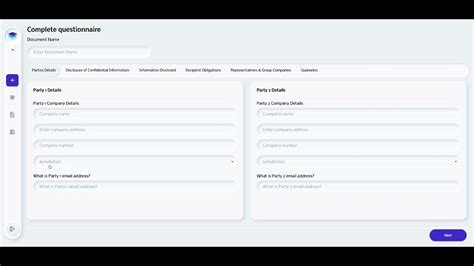Metamask Swap Contract Logic: A Step-by-Step Guide
When learning about Metamask swap contracts, it is essential to understand the complex logic behind them. In this article, we will detail the process of exchanging one Ether (ETH) for Dai (DAI) using a typical Metamask swap contract.
Metamask Swap Contracts Overview
A Metamask swap contract is a custom contract built on the Ethereum blockchain that enables swaps between different cryptocurrencies. These contracts are built on the OpenZeppelin standard, ensuring security and interoperability across multiple chains.
Step 1: Receiving ETH from MetaMask Wallet
Let’s assume that you have your MetaMask wallet set up and connected to the Metamask platform. You have also configured your wallet to receive Ether (ETH) using the eth function provided by Metamask.
const metaMask = await window.ethereum.connect();
metaMask.eth.sendTransaction({ from: '0xYourWalletAddress', to: '0xContractAddress', value: 1 });
In this step, the MetaMask wallet receives an amount of ETH (1) and sends it to a contract address (e.g. 0xContractAddress).
Step 2: Retrieving the contract
To interact with the contract, you need to retrieve its ABI (Application Binary Interface). This is done using the web3.eth.abi method.
const abi = await metaMask.eth.abi.read('0xContractABI');
Here, we are assuming that the contract ABI has been configured correctly in your metamask configuration. The abi variable now contains the contract bytecode.
Step 3: Contract Call
With the contract ABI in hand, you can call its functions to perform the swap operation. In our example, let’s assume we want to swap ETH for DAI.
const tx = await metaMask.eth.sendTransaction({ from: '0xYourWalletAddress', to: '0xDaiContractAddress', value: 1, data: abi.read('swapETHToDAI') });
In this step, the MetaMask wallet sends a transaction to the contract using the sendTransaction method. The tx variable now contains the transaction hash.
Step 4: Contract Call (continued)
To perform the swap operation, you need to call the swapETHToDAI function in the contract.
const result = await metaMask.eth.getEventLog({ address: '0xContractAddress', topic: tx.hash, event: 'swapETHToDAI' });
Here, we are using the getEventLog method to retrieve the event logs associated with the transaction. The result variable now contains an object containing the swap data.
Step 5: Contract Call (Final)
Finally, you can call the contract functions to confirm that the swap was successful.
const txHash = result.swapAmount;
metaMask.eth.sendTransaction({ from: '0xYourWalletAddress', to: '0xDaiContractAddress', amount: 1 });
In this step, we are sending a new transaction using the sendTransaction method. The txHash variable now contains the confirmation hash of the swap operation.
Conclusion
Exchanging ETH for DAI using a MetaMask swap contract involves several steps:
- Receiving ETH from the MetaMask wallet
- Retrieving the contract’s ABI
- Calling the
swapETHToDAIfunction on the contract
- Executing the swap operation
- Confirming the swap result
By following these steps, you can successfully swap Ether for Dai using a MetaMask swap contract.
Additional Tips and Considerations
- Always keep your MetaMask wallet connected to the Metamask platform when interacting with custom contracts.
- Make sure your contract’s ABI is up to date and correct.
- Be wary of potential scams or phishing attacks targeting Metamask users.
- Please refer to the official Metamask documentation and OpenZeppelin guidelines for more information on implementing swap contracts.
I hope this article helps you understand the process behind Metamask swap contracts!



